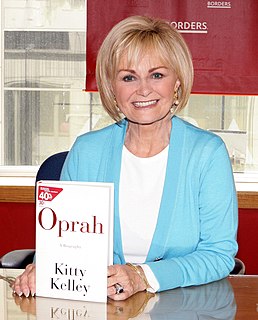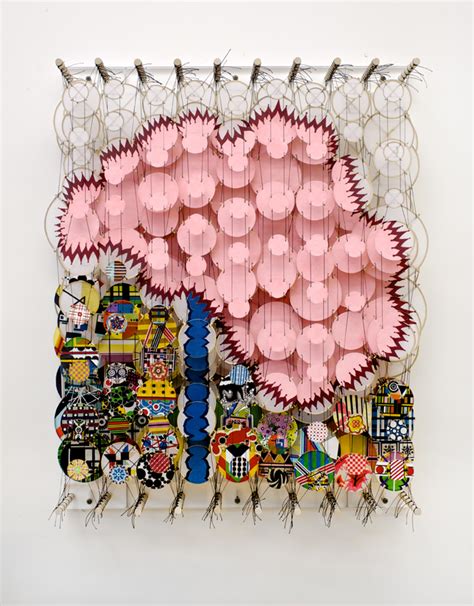A Quote by Antony Beevor
Without an understanding of history, we are politically, culturally and socially impoverished. If we sacrifice history to economic pressures or to budget cuts, we will lose a part of who we are.
Related Quotes
That so many of us find it entirely plausible that a vast network of researchers and health officials and doctors worldwide would willfully harm children for money is evidence of what capitalism is really taking from us. Capitalism has already impoverished the working people who generate wealth for others. And capitalism has already impoverished us culturally, robbing unmarketable art of its value. But when we begin to see the pressures of capitalism as innate laws of human motivation, when we begin to believe that everyone is owned, then we are truly impoverished.







































